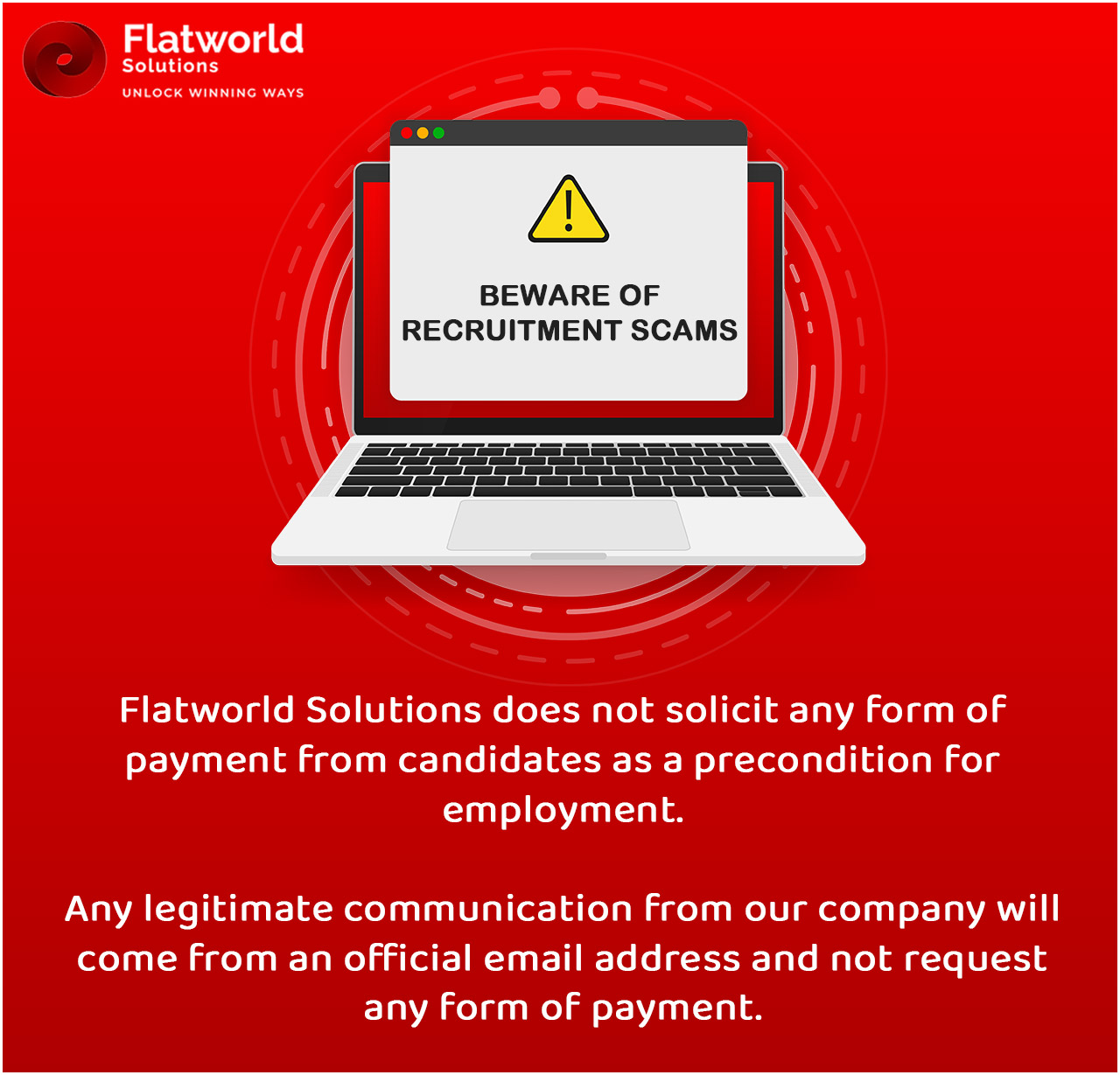The legal process outsourcing (LPO) market is expected to reach USD 189.9 billion by 2032 at a CAGR rate of 29.4%. This staggering growth rate marks a remarkable surge and underscores a shift in the way law firms operate to move towards more efficient and cost-effective solutions.
LPO has grown to be an integral part of the contemporary legal environment due to the need for operational flexibility, cost-effectiveness, and access to specialized expertise. For large enterprises, LPO presents a strong value proposition by streamlining operations, reducing expenses, and freeing up the internal legal team to focus on strategic projects.
What is Legal Process Outsourcing?
Legal process outsourcing is assigning different legal support tasks to outside vendors. LPO offers specialized services that were previously only handled internally, expanding its reach far beyond traditional boundaries. Organizations can greatly improve the quality and effectiveness of legal operations by using LPO to gain access to a talent pool of professionals with a variety of legal skills, advanced technology, and industry-specific knowledge.
Industry Trends
Over the past ten years, the LPO industry has experienced significant growth. The global LPO market is anticipated to reach a compound annual growth rate (CAGR) of 31.8% to reach $35.9 billion by 2025, according to market research.
The primary reason for this growth is the increasing pressure on legal departments to improve efficiency and reduce costs. The adoption of LPO has also been accelerated by the rise of automation, artificial intelligence, and digital transformation in the legal sector.
Large corporations were early adopters of this trend and are using legal process outsourcing as an important business strategy to increase competitive advantage and operational agility.
Why Legal Process Outsourcing Is the Right Choice for You?
-
Cost Efficiency
One of the main advantages of LPO is the significant reduction in operational and labor costs. Many firms can avoid spending unnecessarily on hiring, training, and high retention rates for in-house legal teams by using an LPO to handle mundane legal tasks.
Also, it is common for LPO service providers to operate with lower labor costs in locations close to where customers seek services. These financial advantages also include lower overhead costs for things like office space, administrative assistance, and technology infrastructure, which frees up funds for businesses to spend on their core competencies and deploy resources more effectively.
-
Access to Expertise and Technology
LPO firms employ highly skilled legal practitioners and use advanced technologies like artificial intelligence, machine learning, and data analytics to perform legal work on the backend. Due to this specialized expertise and tools, the quality and accuracy of legal work have been significantly improved.Legal back-office support providers also keep up with the latest legal and regulatory changes, which guarantee compliance and reduces the possibility of legal mistakes.
-
Operational Flexibility and Scalability
The LPO offers almost unprecedented flexibility to companies looking to meet demand with the scale of their legal operations. This mobility is essential for handling workload fluctuations, seasonal pressures, special projects, and external events without the constraints of in-house staffing. Businesses can quickly grow or shrink their legal departments through outsourcing, which helps them remain adaptable to changing client demands and market changes.
-
Focus on Core Competencies
Delegating certain legal functions that are repetitive in nature to LPO providers enables in-house legal departments to focus on more strategic and value-adding activities relevant to the company's bottom line. This approach to reducing internal resources enables in-house counsel to target areas of litigation strategy, risk management, and client relationship development by improving efficiency and productivity over a period.
-
Improved Turnaround Times
LPO vendors have the ability to quickly execute deliverables that take the same amount of time when compared to in-house teams. Such speed is highly desirable for projects with deadlines, thus enabling projects to be completed without fear of exceeding any time constraints. In short, LPO management improves companies' ability to respond to customers and deliver services.
Challenges and Solutions in LPO
-
Data Security and Confidentiality
Confidentiality and data protection are the top priorities when outsourcing legal processes. It is important to remember to adhere to aspects of international law such as the General Data Protection Regulation (GDPR) and the Health Insurance Portability and Accountability Act (HIPAA).
To protect sensitive data, LPO vendors must have adequate security measures in place such as encryption, restricted access to sensitive information, regular audits, and training of employees. Also, when entering into agreements with clients, it is advisable to take adequate confidentiality measures and take security audits.
-
Quality Control
One of the issues people face when outsourcing services is ensuring that the legal support services provided are of the required high standard. Therefore, companies should set up strict quality control mechanisms such as well-defined service level agreements (SLAs), metrics, and performance evaluations. Customer feedback and KPIs are critical to understanding and developing service delivery. Additionally, periodic reviews and audits are helpful to identify areas for improvement and demonstrate that the LPO provider is meeting the company's needs at all times.
-
Communication and Time Zone Differences
Effective communication is essential for the successful implementation of LPO projects involving service providers in multiple time zones. Effective means of communication include the use of video conferencing software, instant messaging applications, and project management tools for continuous and real-time communication. Setting boundaries and communication plans with regular status updates informs about progress made and helps bond and accomplish tasks appropriately. Also, having leads on each side of the communication can help facilitate the overall communication process.
Implementing LPO in Your Organization
-
Assessing Organizational Needs
The first step in adopting an LPO is to analyze your organization's specific needs. Determine which legal functions can be outsourced and which factors to consider complexity, volume, and level of strategic importance. How it affects internal processes and personnel and general business operations. Another step that can be taken is a cost-effectiveness or risk analysis of the LPO, which prevents the client from outsourcing activities that do not add value.
-
Selecting the Right LPO Provider
Choosing the right LPO provider is key to properly executing your outsourcing plan. Important aspects include provider qualifications, technologies, security, and references provided by customers. To determine if the provider is a good fit and meets the company's needs, it's a good idea to do background checks, such as a documentation review, physical site assessment, and low-level tests. Also, think about the provider's culture, communication style, and ability to accommodate your requests.
-
Transition and Integration
The transition to outsourcing legal services should be conducted with care and planning. Implement a transition plan in detail with timelines, milestones, and resource allocation. Ensure that the LPO provider is effectively onboarded into your organization and understands its processes, standards, and key outcomes.
Also, develop and implement training and orientation programs for your internal teams and LPO service providers to promote effective integration. And, most importantly, continuously monitor the transition process to ensure prompt resolution of transitional challenges and guarantee a cooperative relationship.
Emerging Trends and Innovations
Technological development along with new customer requirements are shaping the growth of LPO in the coming years. The integration of artificial intelligence and machine learning is changing the methods of legal practice, offering lower costs and faster processes.
Predictive analytics and data-driven decision-making are becoming important for managing predictive risk and other processes for the organization. With more regulations coming into the market, there is a need for greater levels of data protection.
The use of blockchain technology is becoming common in the documentation processes of legal proceedings as it provides safe and transparent records of transactions.
The Conclusion
The advantages of legal process outsourcing for law firms are many, such as decreased costs, specialized skills, operational mobility, and faster project completion. LPO offers executives a strategic chance to improve legal operations, raise service standards, and propel company growth. Organizations using LPO can go beyond traditional outsourcing and gain a competitive edge by choosing the right LPO provider, solving routine problems, and implementing a step-by-step approach to change management.
Take advantage of professional LPO services and optimize your legal process management. Get in touch with us now so we can show you how our strategies can work for your business.
Contact Us
USA
Flatworld Solutions
116 Village Blvd, Suite 200, Princeton, NJ 08540
PHILIPPINES
Aeon Towers, J.P. Laurel Avenue, Bajada, Davao 8000
KSS Building, Buhangin Road Cor Olive Street, Davao City 8000


